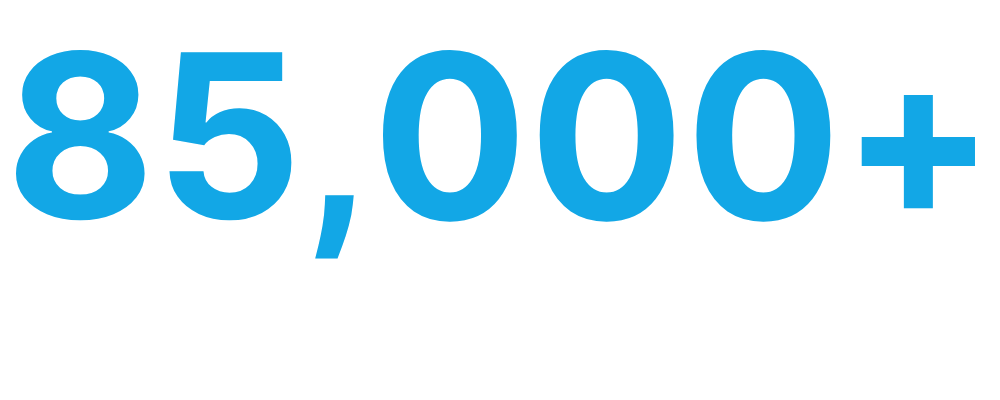Submit Application
Apply for free! It takes less than 10 minutes to complete. Just send your official transcripts for review and track your enrollment through our portal.



Apply for free! It takes less than 10 minutes to complete. Just send your official transcripts for review and track your enrollment through our portal.
Our advisors will guide you through each step. You’ll begin your program with online, on-demand coursework, and premium test preparation.
Begin teaching on an temporary certificate and receive full-time pay while you complete your training. You will also receive coaching from experienced educators.
Meet work experience requirement, receive recommendations, apply for your Professional Certification and join our 85k+ almumni network.
Complete our free and easy online application. An expert enrollment advisor will be in touch to discuss your unique path to certification.
Start My ApplicationConnect with ready-to-teach candidates in your area.
Partner with us to strengthen your talent pipeline and fill open roles faster.

“At Teachers of Tomorrow, our mission is to prepare exceptional educators who transform classrooms and positively impact students’ lives. With decades in education leadership, I’ve seen firsthand that investing in teachers is the surest path to educational excellence.”